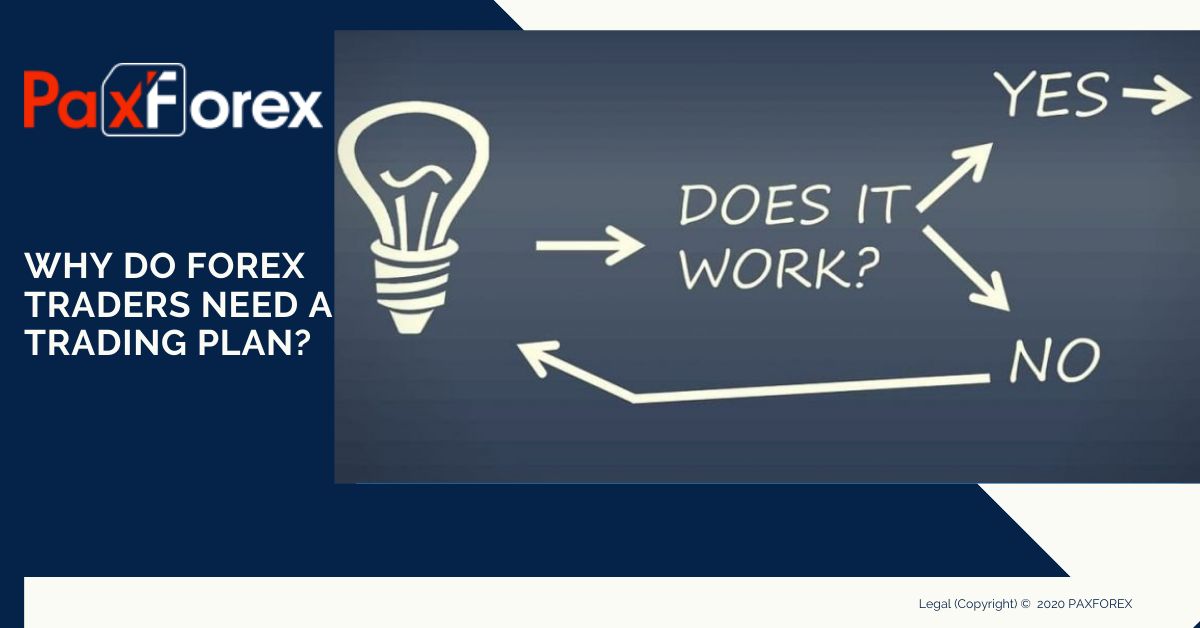
When trading forex as in most endeavors, it is important to start at the end and work backward to create your plan and figure out what type of trader you should be. In the heat of the moment, making objective decisions about your trades can be difficult, leaving you at the mercy of emotion and gut feeling. A trading plan helps you make logical decisions, even when the stakes are high. A good trading plan can act as your own personal decision-making tool, helping you decide what, when and how much you should trade.
As a forex trader, you need to be able to turn your strategy into action, to execute your trading plan while managing your risk. Your choice of forex trading strategy will depend upon your trading goals, your attitude to risk and your reading of the market. Establishing how you intend to employ your investment capital to achieve your goals will give you a trading plan, every trader’s most essential tool. Following your trading plan is easy when your forex trades are making money, much less so when your trades are losing. But remember, not even the most successful trader has a 100% strike rate. The key to your performance over the long term is how well you manage your losses as well as your profits, and this is where your plan is vital.
Although currency speculators can certainly have winning trades, their disorganized behavior significantly reduces their chances of long-term success at forex trading in comparison to those traders who have learned to plan and trade currencies strategically in a highly disciplined manner. Engaging in this sort of preliminary forex planning process — rather than just jumping into taking positions in the forex market without a plan — helps differentiate the forex trading business person from the gambler who is just wildly speculating in the currency market without proper analysis or planning.
By having a straightforward, objective and comprehensive trading plan, a trader can benefit considerably since they can literally “plan their trade and trade their plan”. Trading based on emotions can be especially detrimental to a trading account and usually getting emotional during trading is a recipe for disaster. Thus, most successful traders avoid trading on emotions like the plague because they know that once emotions take over, you can just say goodbye to the account in most cases. Instead, they aim to develop a set of criteria for initiating and exiting trades. This planning process takes a lot of the guesswork out of trading and leaves the trader’s mind free to do additional fundamental market research and technical analysis.
Whether you are just starting out in the trading world or you are a seasoned professional, it is always advised to be prepared. A good trading plan will help you in many aspects, such as identifying your goals, organizing your research and finding trading statistics. The decision on which direction to trade in to stay in line with the markets will assist you in managing your emotions when on a losing streak and aid when recovering from a bad trade. The markets don’t choose who they like, and anyone is at risk, new or experts, and without a plan, the market will have no mercy.







